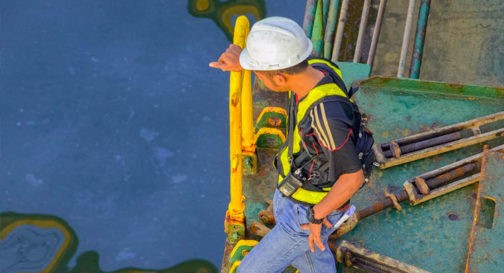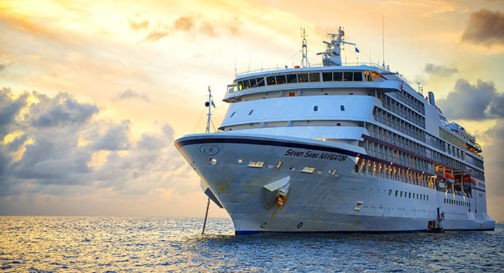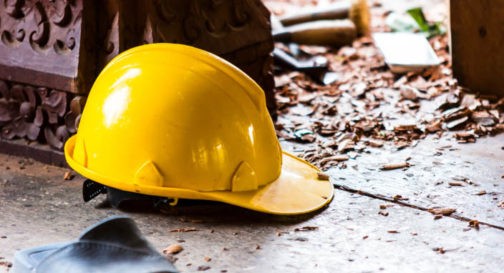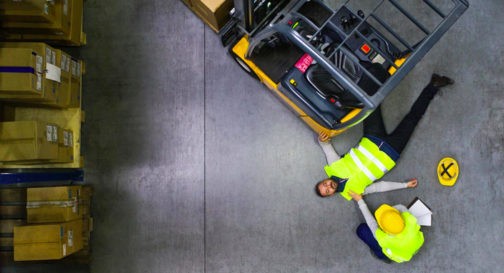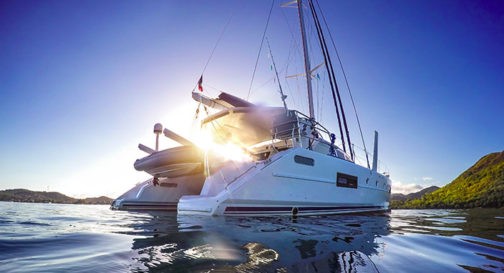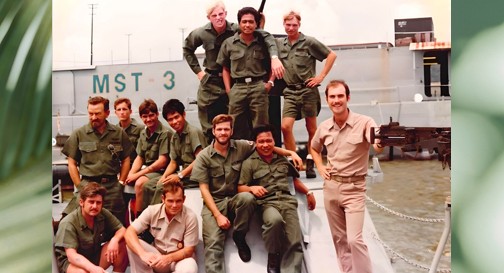What Legal Remedies Are Available to Injured Dockyard Workers?
October 01, 2024
Dockyard workers are an essential part of the supply chain. From loading and offloading cargo to mooring ships, they ensure transport operations run smoothly and safely. Any job dealing with heavy equipment and vehicles is inherently dangerous and working on the docks is no exception. Dockyard workers face a variety of potential hazards including injuries from improperly secured cargo, accidents involving shipping equipment, and more. Every worker deserves legal protection and medical assistance in the event of a job-related injury. Fortunately, there are protections in place for dockyard workers in the event they sustain an injury or become sick, disabled, or worse as part of their job.
What is a Dockyard Worker in California and Hawaii?
The job description of dockyard worker covers a variety of job descriptions and occupations in California and Hawaii. The position has traditionally been called “longshoreman,” a term that has gone out of use in recent years. Broadly speaking, dockyard workers are anyone who works in the shipping industry in a position involving manual labor.
Today, when a dockyard worker becomes ill or is injured in a job-related accident, they are covered under the Division of Federal Employees’, Longshore and Harbor Workers’ Compensation Act (DLHWC). Dockyard workers are a key part of American commerce. This is why the act was passed specifically to protect them and provide means of compensation in the event of illness or injury.
Who Does the DLHWC Cover?
The DLHWC covers the majority of those employed in some capacity as dockyard workers. Broadly speaking, if you work a manual labor position in a shipyard or dock, you are probably covered. The act specifically lists the following occupations as being covered:
- Longshoremen
- Ship Repairers
- Ship Builders/Breakers
- Harbor Construction Workers
- Private Employees on US Military Bases
- Private Employees for U.S. Government Agencies
Note the act is meant to cover manual laborers who work as shipyard employees. Just because someone works in some capacity at a dock or shipyard does not mean they are covered. Particular individuals excluded from the act include:
- Military Personnel
- Masters or Members of Crewed Ships
- US Government Employees
- Clerical, Office, and Security Staff
- Marina Employees not Engaged in Construction Work
- Contract Employees
- Aquaculture Workers
- Shipbuilders Working on Recreational Vessels Under 65 Feet
- Small Vessel Workers
In many cases, these employees are covered for injuries or illness under other acts and protections. For example, US military personnel have their own medical coverage. The DLHWC also does not cover for injuries or death if the individual was intoxicated, or if they were intentionally attempting to harm themselves.
What is the DLHWC and What Does it Do?
The DLHWC provides financial compensation, medical care, rehabilitation, and survivor’s benefits in the event of injury, illness, or death. Because the act is meant to ensure all dockyard workers receive just compensation, they do not have to prove that their injury or illness was the result of any kind of negligence or fault. All an employee must demonstrate is that they were injured or became sick during the course of their work. This helps ensure a smooth process in collecting benefits. For some, the downside of this is that the DLHWC is a no-fault system. This means that in the majority of cases, employees cannot sue their employers for damages or extra benefits.
Can a Dockyard Worker Sue for Injuries in California or Hawaii?
Because of the coverage afforded by the DLHWC, most dockyard workers cannot sue their employers. The exception to this is if they are covered under the Merchant Marine Act of 1920. In maritime circles, this is more often called the Jones Act. The Jones Act codifies seaman’s legal rights. A seaman is classified as anyone who serves as the captain or crew member “on a vessel in navigation.” The majority of the time, the Jones Act will not cover dockyard workers because they are employed on land and not on board a vessel. In some cases, though, shipyard workers may be assigned to a vessel owned by their employer. This may include shipping barges or other transport vessels. In this case, the employee may qualify as a seaman. In that instance, they may be covered by the Jones Act.
What Should I Do if I’m a Dockworker Injured in California or Hawaii?
The DLHWC and Jones Act are meant to protect dockyard workers. However, both require a great deal of legal paperwork. This can make the process unintentionally complex. Because of this, the average person may not be able to successfully collect all the money they are earned. If a dockyard worker was injured or became ill in the process of working on board a ship, they may also not know they are eligible for compensation under the Jones Act. A skilled and experienced maritime attorney can help dockyard workers navigate these legal waters.
If you or a loved one are a dockyard worker who has been injured or gotten sick during the course of work, don’t hesitate to contact Preston Easley APC today. We have offices in California and Hawaii. Our San Pedro offices are located at 2500 Via Cabrillo Marina #106, San Pedro, CA 90731, a quarter mile South of Cabrillo Marina Park and one mile Southeast of Harbor View Memorial Park. Our San Diego offices are located at 3023 1st Ave, San Diego, CA 92103, a quarter mile Southeast of Spruce Street Suspension Bridge and one mile Northwest of the Balboa Park Information Center. Our Hawaii offices are located at 735 Bishop St #316, Honolulu, HI 96813, one mile West of the Hawaii State Capitol Building and a third of a mile North of the Prince Kuhio Federal Building.
The attorneys of Preston Easley APC have over thirty years combined experience in maritime law. Firm owner Preston Easley is highly experienced in maritime life himself. He is a United States military veteran who graduated from the Annapolis US Naval Academy and served for five years on active duty with the USN, and spent additional time as a longshoreman and marine machinist during college. In his three decades of practice, he has won historic decisions before the U.S. Supreme Court, the Ninth Circuit Court of Appeals, the California Supreme Court, and the California Court of Appeals, greatly expanding workers’ rights in the process.
Dockyard workers are vital to the American way of life. If you or a loved one is a dockyard worker in need of legal representation, call Preston Easley APC today at 310-773-5207 or email us for a free consultation. We don’t collect unless you do.


